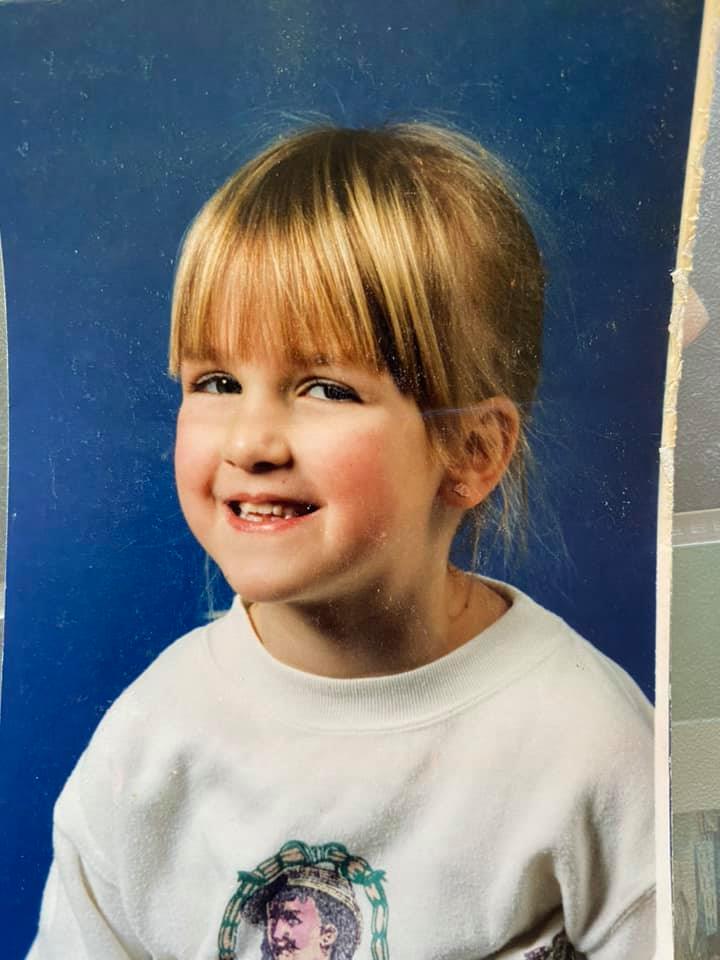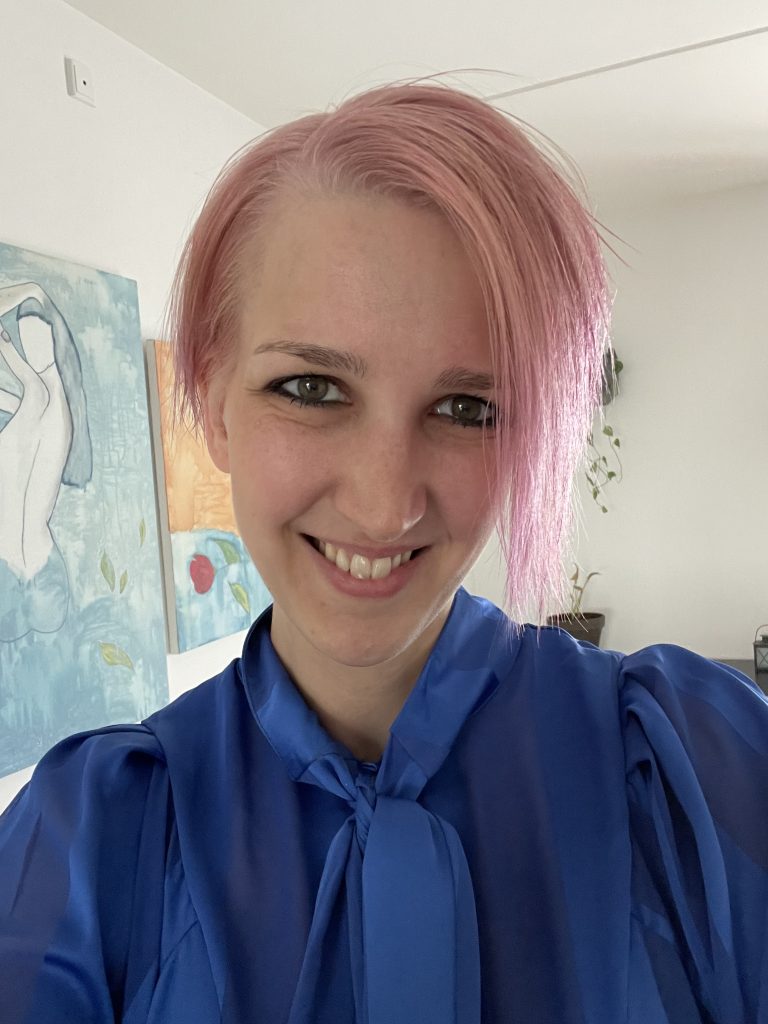Growing up in a small town with about 400 inhabitants probably had its charms but it didn’t teach you much about inclusion or diversity. It didn’t teach you about speaking up for anything either. It was a place where if you did not fit in, everyone would let you know. And in a small town – everyone knows everyone. I moved to the city at age 17. I know, most people wouldn’t call Aalborg a big thing in that regards, but it’s all about perspective. Going from 400 to 200.000+ inhabitants is a big change. Since then I’ve found myself in different crowds. I remember parties with outlaw motor cycle clubs, partying to hardcore techno music, joining street races, making a big thing on doing well in High School as a masking mechanism for how I actually felt, moving to Århus, quitting Law School and then suddenly finding myself in an IT Company back in 2008.
It was in this IT Company I learned about depression and the burning need to start focusing on my own mental health. It was also here that I learned about the bias against women in tech. How the comment “You shouldn’t study Computer Science, because Women can’t code” provoked me into applying to be a student at University of Copenhagen, Computer Science (DIKU), and how I was denied growing opportunities in the company, because “the guys would be upset, if they hired me, a woman, as a developer“.
Starting at the University, I had to argue my way into the building the very first day, because the woman tutor thought ‘I looked more like a Biology Student‘. I again had to listen to the narrative, that ‘women can’t code‘ but also me and the few other women where told, that we practically didn’t existed. You know why? Because “there is no women at DIKU – only men in dresses“. I saw how older students as TA’s trash talked the new students in public areas when they corrected assignments, and I learned how I was slutshamed for months because I dared showing up in skirts and heels.
Moving into the Industry, I experienced people who refused to speak or listen to me, when I was trying to explain the implications to their applications of a network change, but when I brought in an older male colleague, who would draw the same drawings and say the exact same things as I had, they decided to listen – to him. I have been overlooked several times for promotions while watching my men counterparts get promoted based on successes directly linked to my work. I have been fighting inequality in my salary compared to my peers, and I’ve rarely had women rolemodels to look up to.
I got diagnosed with Autism and ADHD when I was 36 years old and while I have learned long time ago to handle myself in a society that is not build for anyone that doesn’t fit into the box, it has been an incredible form of relieve for me to get the diagnosis. An explanation to why my brain works differently than others. I understand myself better – both the kid version and the current version. So while it is officially a handicap to have these diagnoses, it is incredibly powerful to be able to have this understanding of yourself.
And damn! I wish I had known all this when I was a kid. Imagine being able to get the support you need to figure out how to function in a world that is most definitely not made for neurospicy people? Or being diagnosed right the first time, instead of being labelled depressed and put on antidepressants. Not that I am against antidepressants but I do believe it would have been healthier, if I got to know about ADHD & Autism instead. But hey – if I didn’t have a little trauma, would I even consider doing stand-up?

